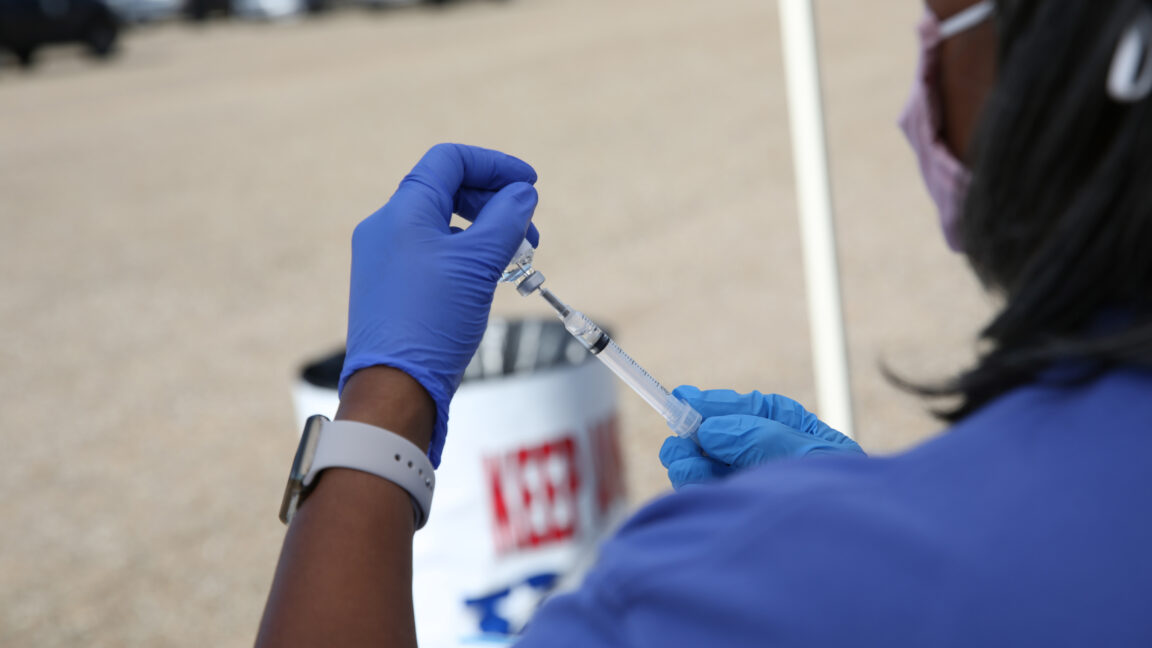Severe Headaches Linked to Increased Suicide Risk

People diagnosed with severe headaches may be at an increased risk of suicide. This is the warning from a team of researchers from the U.S. and Denmark who studied the suicide risk of nearly 120,000 people with a headache disorder, in comparison with their counterparts with no such diagnosis. Headache disorders include such conditions as migraine, post-traumatic headaches and tension headaches, as well as trigeminal autonomic cephalalgias (TACs), which cause pain on only one side of the head. "The results of this study show that—while rare—attempted and completed suicide occurs more frequently in patients diagnosed with headaches than members of the Danish general population without a diagnosis of headache," cognitive neurologist Holly Elser of the University of Pennsylvania told Newsweek. "The robust and persistent association with attempted and completed suicide across headache disorders suggests that patients diagnosed with headache may benefit from concurrent behavioral health evaluation and treatment," the researchers noted in their paper.
In their study, Elser and her colleagues analyzed data on 119,486 patients aged 15 and older who were diagnosed in the Danish national health care system with migraines, tension headaches, post-traumatic headaches or TACs between 1995 and 2020. The researchers then matched these patients with 597,430 people from the general Danish population who had not received such a headache diagnosis. The team found that people diagnosed with any of the four headache disorders examined were at a higher risk of both suicide and attempted suicide in the following 15 years. Specifically, 0.78 percent of people with a headache disorder had attempted suicide and 0.21 percent committed suicide—compared with 0.33 and 0.15 percent, respectively, in the non-headache control group. A stronger association was found between suicide risk and diagnoses with post-traumatic headaches and TACs, the researchers said.
"The mechanisms underlying the observed associations between headache disorders and suicide are uncertain," the researchers wrote. On the one hand, they said, headaches and psychiatric symptoms likely have a complex relationship, with the latter causing headaches. Also, feelings of demoralization and hopelessness arising from severe headaches could contribute to suicidality. "Second, prior studies demonstrate a link between chronic pain and suicidality that persists after accounting for comorbid psychiatric disease," the team added. "This raises the possibility that suicidality arises as a reaction to the experience of chronic pain related to headache episodes." In addition, the researchers said, it is possible that some headaches and psychiatric syndromes may have common causes in changes to the release of the hormone serotonin and the production of inflammation-causing signaling molecules. Certainly, the researchers have fresh avenues of inquiry to pursue. Elser explained: "For me, findings from this study naturally raise the question of whether treatment of the headache, psychiatric symptoms or both attenuates the risk of attempted and completed suicide in persons diagnosed with headache."









